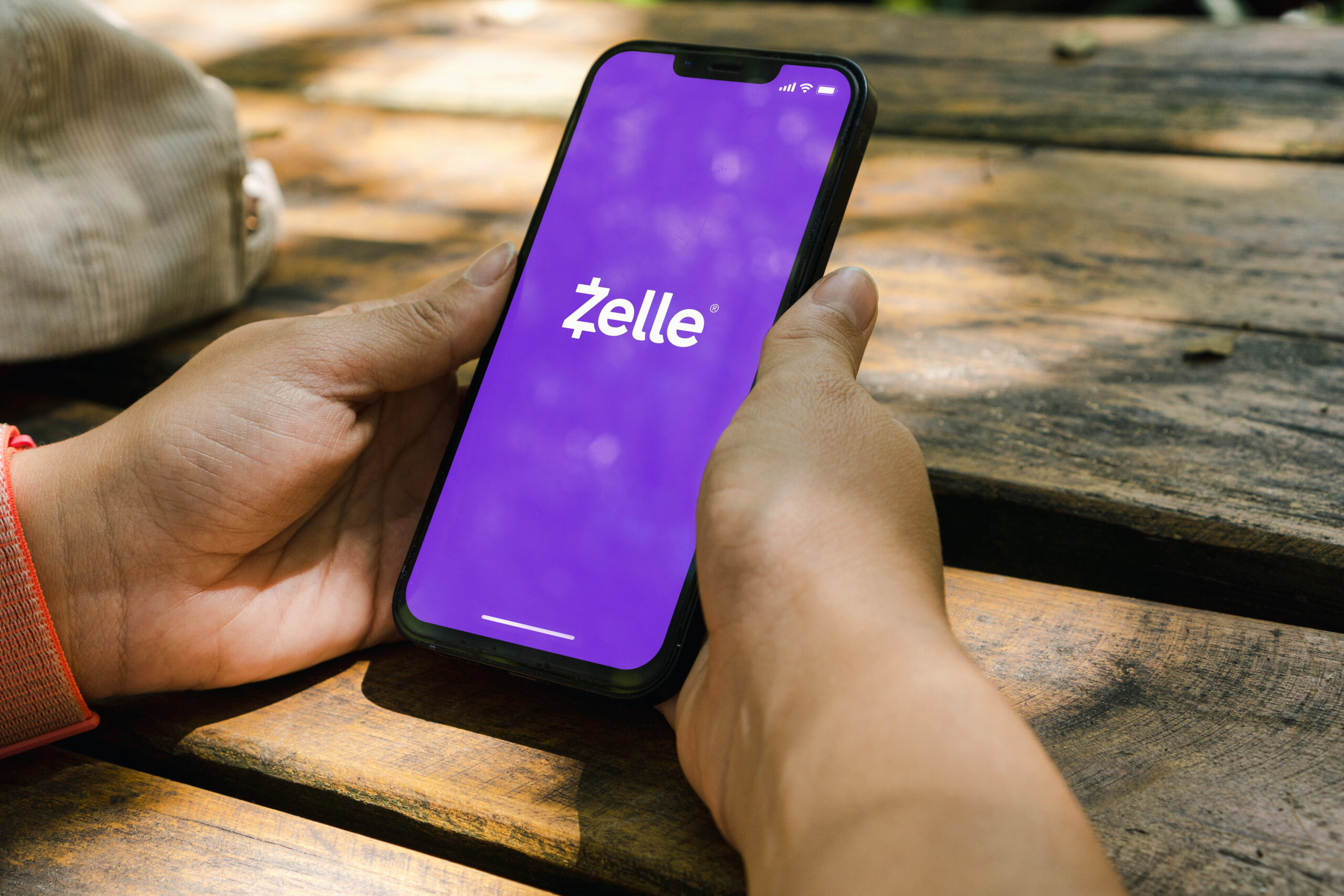The United Nations has asked Google and Microsoft to help it figure out how risky artificial intelligence is. The two tech giants have agreed to provide the UN with their expertise and resources to help develop a better understanding of the potential risks and benefits of AI.
Key Highlights:
- The United Nations has asked Google and Microsoft to help it figure out how risky artificial intelligence is.
- The two tech giants have agreed to provide the UN with their expertise and resources to help develop a better understanding of the potential risks and benefits of AI.
- The UN’s move comes as AI is becoming increasingly powerful and widely used, raising concerns about its potential to be misused.
- The UN hopes that Google and Microsoft’s help will help it to develop policies and regulations that can mitigate the risks of AI and maximize its benefits.

The UN’s move comes as AI is becoming increasingly powerful and widely used, raising concerns about its potential to be misused. AI is already being used in a wide range of applications, from self-driving cars to facial recognition software. However, there are growing concerns that AI could be used to develop autonomous weapons, or to create systems that discriminate against certain groups of people.
The UN hopes that Google and Microsoft’s help will help it to develop policies and regulations that can mitigate the risks of AI and maximize its benefits. The UN’s Secretary-General, António Guterres, has said that AI is “one of the most transformative technologies of our time,” but that it is important to “ensure that it is used for good and not for harm.”
Google and Microsoft have both welcomed the UN’s invitation to help. Google’s CEO, Sundar Pichai, has said that the company is “committed to working with the UN and other stakeholders to ensure that AI is used responsibly and ethically.” Microsoft’s CEO, Satya Nadella, has said that the company is “pleased to be able to support the UN’s work on AI governance.”
The UN’s decision to ask Google and Microsoft for help is a sign of the growing importance of AI. It is also a sign of the UN’s recognition that the tech industry has a key role to play in shaping the future of AI.
Google and Microsoft are two of the leading companies in the field of AI,” said Dr. Toby Walsh, another leading expert on AI. “Their expertise will be invaluable to the UN in its work to develop policies and regulations that can mitigate the risks of AI.
Challenges Ahead:
Despite the positive developments, there are still some challenges ahead. One challenge is that AI is a rapidly evolving field. It can be difficult to predict how AI will be used in the future, and what the potential risks and benefits might be.
Another challenge is that there is no consensus on how to regulate AI. There are a variety of different viewpoints on this issue, and it is likely to be a matter of debate for many years to come.
Despite the challenges, the UN’s decision to ask Google and Microsoft for help is a positive step. It shows that the UN is committed to understanding the risks of AI and to developing policies and regulations that can mitigate those risks.
The UN’s decision to ask Google and Microsoft for help in understanding the risks of AI is a significant development. It is a sign that the UN is taking the risks of AI seriously, and that it is willing to work with the tech industry to address them.
Google and Microsoft’s expertise will be invaluable to the UN in its work to develop policies and regulations that can mitigate the risks of AI. However, there are still some challenges ahead. AI is a rapidly evolving field, and there is no consensus on how to regulate it.
Despite the challenges, the UN’s decision to ask Google and Microsoft for help is a positive step. It shows that the UN is committed to understanding the risks of AI and to developing policies and regulations that can mitigate those risks.








